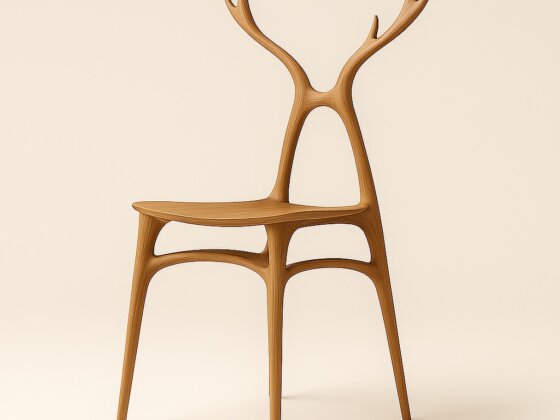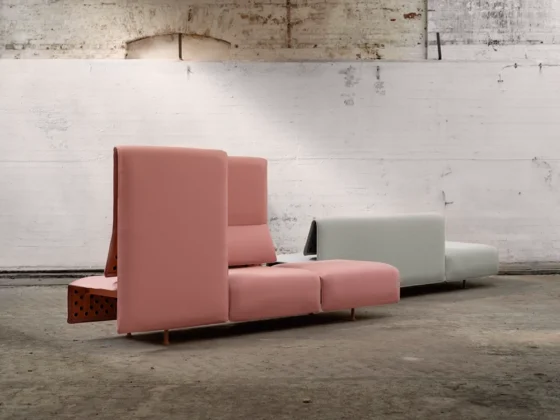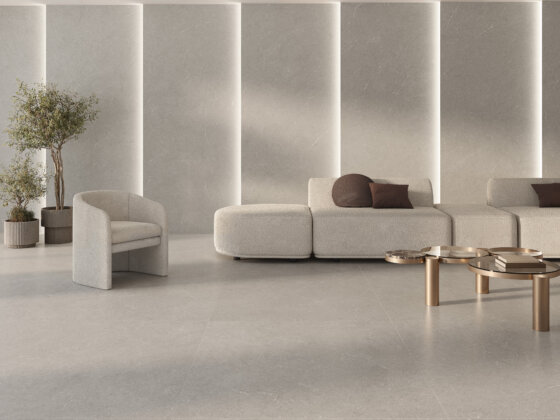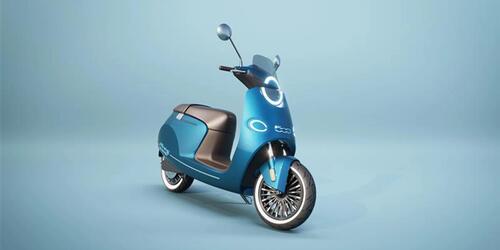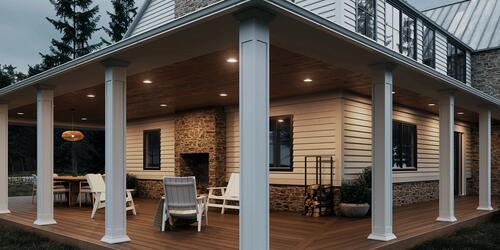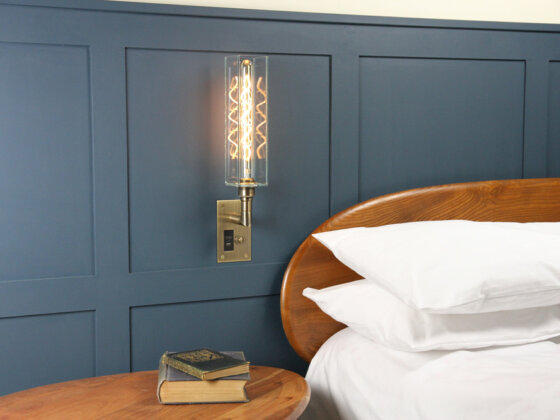Canada
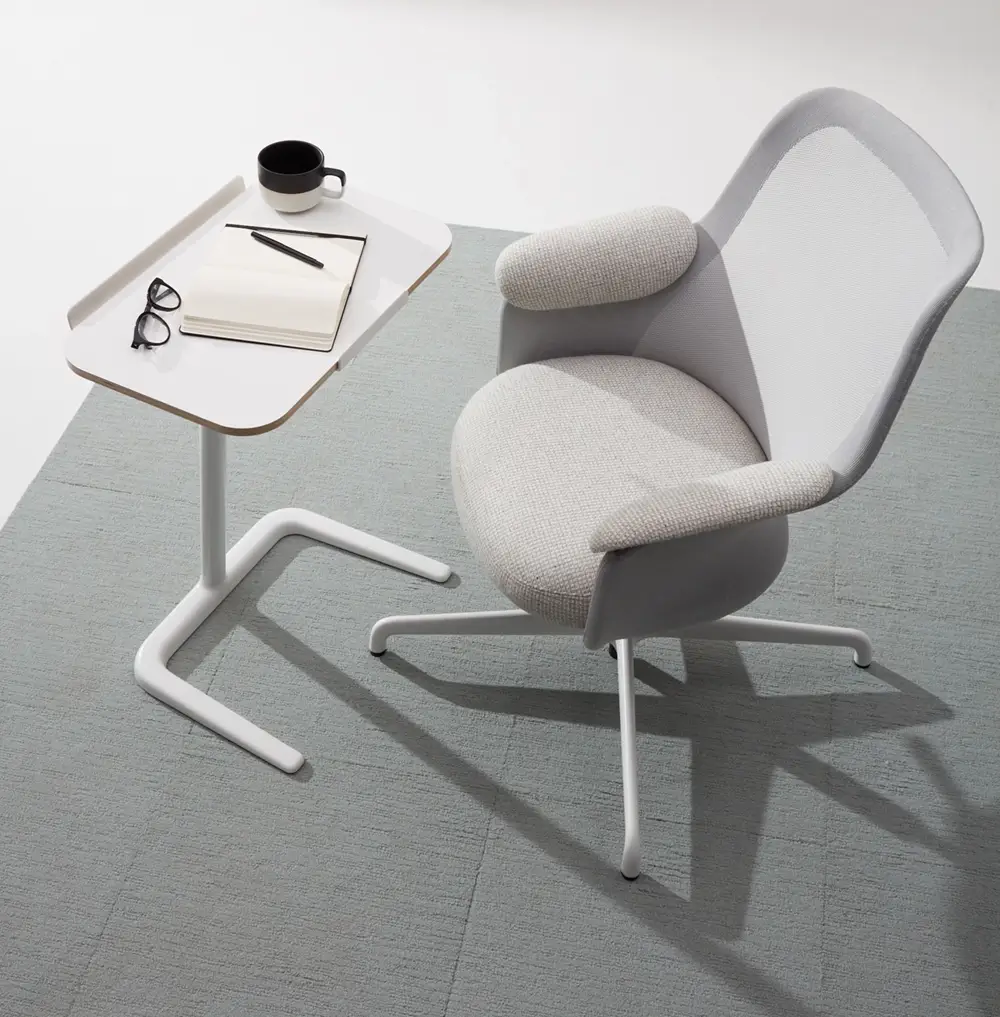
Designed by Pearson Lloyd for Teknion, Aarea Conference Chair and Aarea Lounge set a new standard for workplace seating with its innovative new worklounge classification and a carbon-conscious, sustainable design that gives retrieved marine plastic a new life as an ergonomically knitted fabric.
The Aarea Conference Chair promotes changing postures from upright to relaxed for social and formal settings. Aarea Lounge, available in both casual lounge and worklounge styles, is designed to fit in any open setting for a supportive, cushioned sit. The casual lounge is available in four-star, wood, and metal leg options, while the worklounge defies convention by adding a synchro-tilt mechanism and height-adjustability to a lounge model.

The chair’s bespoke 3D knitted backrest is crafted from yarn made using retrieved marine plastic, minimizing virgin materials and waste. Developed over two years, the flexible 3D knit textile weaves in elastomeric fibers to give it longevity and ensure it doesn’t lose shape. Meanwhile, the lightweight tubular steel frame reduces material use and emissions during manufacturing and transportation. While the seat employs traditional foam, it is designed with cavities to lower its carbon footprint. The star base is value-engineered for conservative use of recycled aluminum.
Engineered for comfort, the Aarea chairs conform to the natural shape of the body, delivering tailored ergonomic support through its flexible knit backrest. The top of the frame is diecast to reinforce the part of the structure where the head rests, providing an enhanced level of ergonomic refinement and finesse. Meanwhile, the textile-covered foam seat cushion contours to each user to provide a comfortable sitting surface throughout the workday. A weight-sensitive mechanism and intuitive adjustments ensure comfort for a wide range of activities, from focused work to collaborative meetings.

The Aarea chairs intelligently break down into individual components, recognizing that wear and tear to various parts happen at different rates. This forward-thinking design approach allows them to be serviced when needed and supports repairing the product rather than throwing it entirely away, ultimately increasing its lifespan. Furthermore, at the end of its lifecycle, all components can be recycled, effectively reducing the product’s carbon footprint and supporting a circular economy.

Designers: Luke Pearson and Tom Lloyd, PearsonLloyd, London, United Kingdom
Manufacturer: Teknion Corporation, Toronto, Ontario, Canada
Photographs: Courtesy of Teknion



